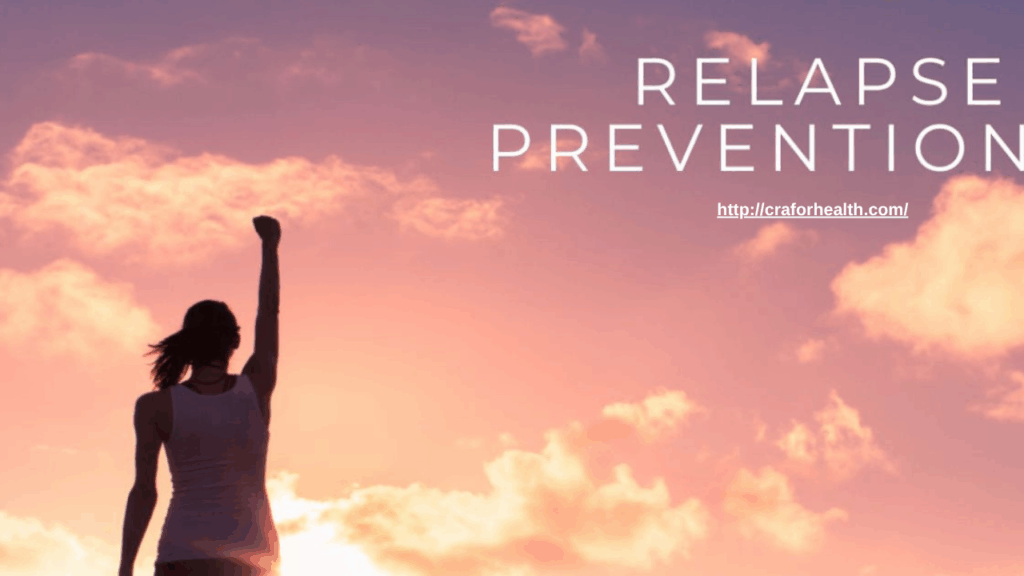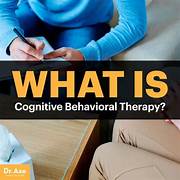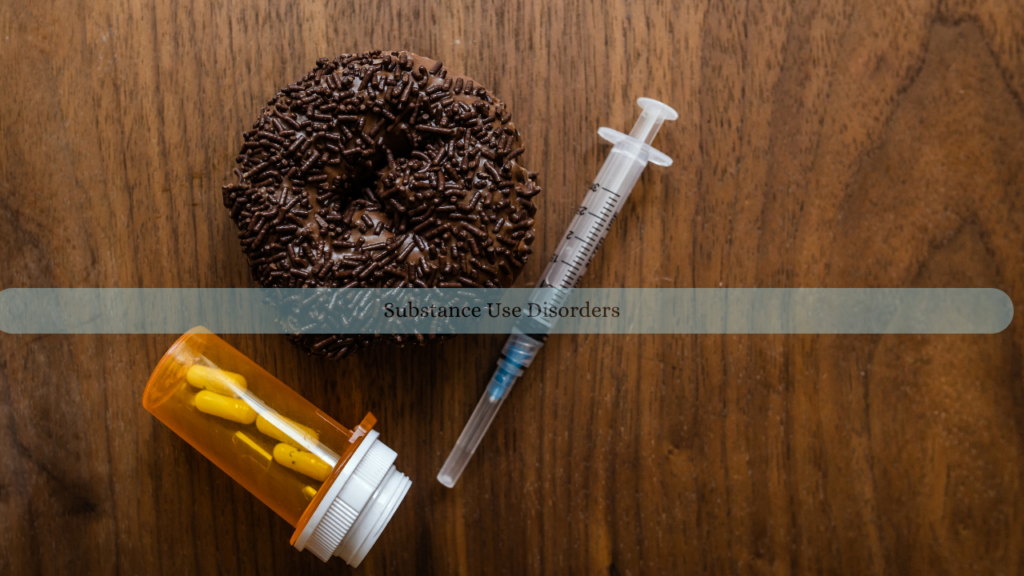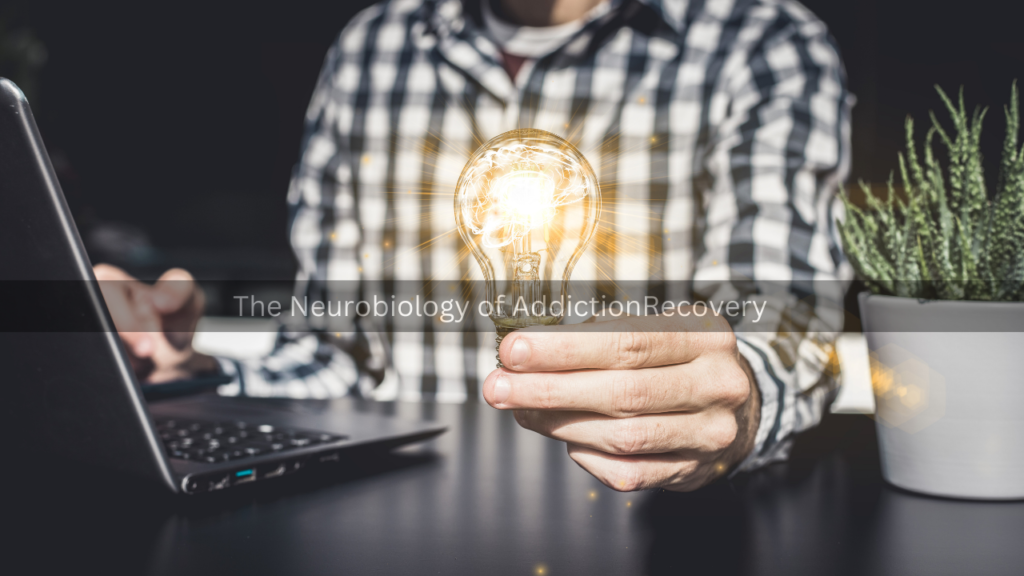
Relapse is often a part of the recovery journey, not a sign of failure. In fact, research shows that between 40% and 60% of people recovering from substance use disorders experience at least one relapse. Just as with chronic illnesses like diabetes or hypertension, managing addiction requires ongoing care and proactive strategies. Understanding and implementing effective relapse prevention techniques is essential for achieving long-term recovery.
Understanding Relapse
Relapse is more than just returning to substance use—it is a process that typically unfolds in stages: emotional, mental, and physical. Emotional relapse involves poor self-care and denial of feelings, mental relapse is characterized by internal conflict and cravings, and physical relapse is the act of using again. Identifying these stages early allows for intervention before substance use resumes.
Clinical Approaches to Relapse Prevention
Effective relapse prevention combines therapy, lifestyle changes, and support systems. Below are key strategies used in clinical practice:
1. Identify and Manage Triggers
Triggers—both internal and external—can prompt cravings and relapse. Internal triggers may include stress, anger, loneliness, or boredom, while external triggers often involve people, places, or situations associated with past substance use. Clinicians help individuals develop awareness of their personal triggers and create actionable plans to avoid or cope with them.
Coping techniques include:
- Practicing mindfulness and grounding exercises
- Avoiding high-risk environments
- Engaging in healthy distractions like exercise or hobbies
2. Cognitive Behavioral Therapy (CBT)
CBT is a gold-standard therapy in relapse prevention. It teaches individuals to recognize and change unhelpful thought patterns that lead to relapse. CBT also provides tools to handle stress, manage cravings, and strengthen decision-making skills.
Through CBT, clients learn to:
- Reframe negative thoughts
- Build confidence in their ability to stay sober
- Develop alternative responses to stress or temptation
3. Develop a Strong Support System
Isolation can significantly increase the risk of relapse. Building and maintaining supportive relationships—whether through family, friends, therapy groups, or peer support—is crucial.
12-step programs (like AA or NA), SMART Recovery, or other mutual aid groups provide community, accountability, and shared wisdom. Regular participation helps individuals feel understood and less alone in their recovery.
4. Create a Structured Routine
A predictable, purposeful daily routine helps stabilize mood and reduce opportunities for relapse. This includes setting regular sleep patterns, scheduling activities, attending therapy or meetings, and incorporating time for physical activity and relaxation.
5. Relapse Prevention Planning
A relapse prevention plan is a personalized, written strategy developed with the help of a clinician. It outlines:
- Personal relapse warning signs
- Coping skills and interventions
- Emergency contacts and resources
- Long-term goals and motivations for staying sober
This plan serves as a roadmap during difficult times and helps individuals stay grounded in their recovery goals.
Conclusion
Relapse prevention is a proactive and ongoing process that combines self-awareness, evidence-based therapy, and consistent support. By recognizing warning signs, managing triggers, and building a structured and connected life, individuals in recovery can greatly reduce the risk of relapse and maintain long-term sobriety. Recovery is not about perfection—it’s about persistence, and with the right tools, lasting change is possible.








